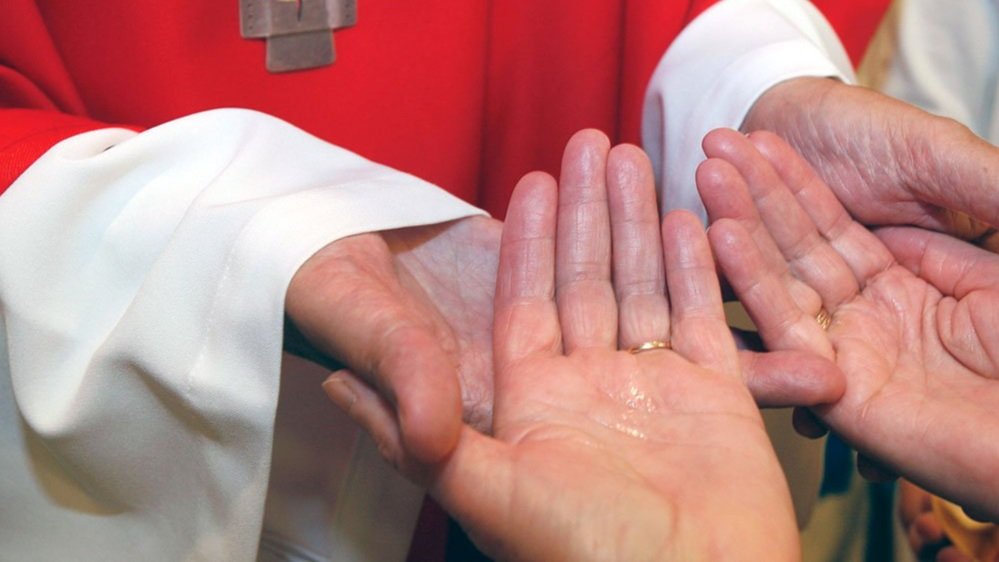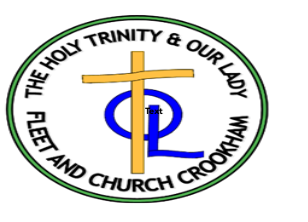
THE ANOINTING OF THE SICK
Healing of the sick has been part and parcel of the Church’s salvific history since it is through disobedience that suffering, sickness and death entered the world (Genesis 3:16-19). We see this in the healing of Tobit’s blindness in Tobit 11:15, and in Wisdom 16:12. In the New Testament, Christ became the healer of all diseases and infirmities as we read in Mark 7:32-36, and in sending out thee Twelve to anoint and heal the sick in Mark 6:13. It was based on the above mandate that St James encouraged Christians to send for the elders of the Church to anoint them with oil and pray over them for healing when they are sick. During the Middle Ages and with the reforms by Charles the Great, three sacraments of Penance, Extreme Unction and Viaticum became known as the last rites of the Church to be administered by priests when someone is about to die. It is important to note that this sacrament is not just for those who are about to die (Last Rites), but most importantly for those who are sick and need divine strength and healing. In this Sacrament, Christ, through the ministry of the priest, has left the Church an inestimable patrimony that cannot be received elsewhere. The Catechism of the Catholic Church #1499 describes it thus: “By the sacred anointing of the sick and the prayer of the priests, the whole Church commends those who are ill to the suffering and glorified Lord, that He may raise them up and save them and indeed she exhorts them to contribute to the good of the People of God by freely uniting themselves to the Passion and death of Christ.”
Who Receives and Who Administers This Sacrament?
The Catechism of the Catholic Church is emphatic on who receives and administers this sacrament.
#1514 “The Anointing of the Sick is not a sacrament for those only who are at the point of death. Hence, as soon as anyone of the faithful begins to be in danger of death from sickness or old age, the fitting time for him to receive this sacrament has certainly already arrived.” #1515 “If a sick person who received this anointing recovers his health, he can in the case of another grave illness receive this sacrament again. If during the same illness the person's condition becomes more serious, the sacrament may be repeated. It is fitting to receive the Anointing of the Sick just prior to a serious operation. the same holds for the elderly whose frailty becomes more pronounced.”
In #1516, it stipulates clearly: “Only priests (bishops and presbyters) are ministers of the Anointing of the Sick. It is the duty of pastors to instruct the faithful on the benefits of this sacrament. The faithful should encourage the sick to call for a priest to receive this sacrament. the sick should prepare themselves to receive it with good dispositions, assisted by their pastor and the whole ecclesial community, which is invited to surround the sick in a special way through their prayers and fraternal attention.”
This is an amazing sacrament of healing and so many have been healed through it.

